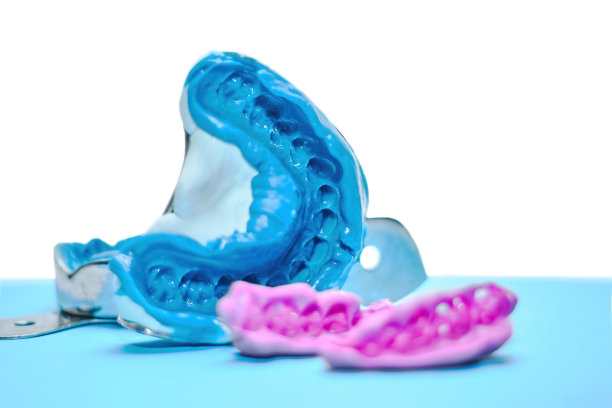Revolutionizing Smile Restoration Through Advanced Dental Implant Treatment Strategies and Techniques for Optimal Oral Health
Summary: This article explores the transformative potential of advanced dental implant treatment strategies and techniques aimed at revolutionizing smile restoration and achieving optimal oral health. By examining cutting-edge technologies, multi-disciplinary approaches, and post-surgical care practices, we aim to provide a comprehensive understanding of the modern landscape of dental implants. Each aspect focuses on how innovations in implantology not only restore smiles but also enhance the quality of life for patients suffering from dental loss. The following sections will delve into these themes to highlight the critical role of technological advancements within dentistry.
1. Innovations in Dental Implant Technology

Recent advancements in dental implant technology have significantly improved the outcomes of smile restoration procedures. Innovations like 3D imaging and computer-guided implant placement allow for greater precision in surgery. These technologies enable dentists to plan implant placement with unparalleled accuracy, resulting in fewer complications and a more streamlined recovery process for patients.
Furthermore, the development of advanced materials, such as titanium and ceramic composites, has played a crucial role in enhancing the integration of implants with the jawbone. These materials are not only biocompatible but also promote osseointegration, ensuring that the implants remain stable and secure for long-term use.
In addition, mini dental implants are gaining traction as an alternative to traditional implants. Their less invasive nature often results in reduced healing times and less discomfort, making them an excellent option for patients who may have concerns about undergoing major surgery.
2. Multi-Disciplinary Approaches to Treatment Planning
Modern dental implantology increasingly relies on a collaborative approach, where various specialists work together to develop comprehensive treatment plans. This multi-disciplinary strategy often includes input from periodontists, orthodontists, and oral surgeons, ensuring all aspects of a patients oral health are taken into consideration.
This collaborative effort allows for a more holistic treatment plan that not only addresses the immediate need for dental implants but also considers the long-term health of the patients gums and teeth. By integrating various perspectives, practitioners can tailor treatments to individual patient needs effectively.
Moreover, involving multiple specialties can enhance patient education and communication. By explaining the treatment process from different angles, patients may feel more informed and at ease with their decision, thereby improving adherence to prescribed post-operative care protocols.
3. Post-Surgical Care for Optimal Recovery
Post-surgical care is crucial to achieving the desired outcomes after dental implant procedures. Effective protocols involve careful monitoring of the surgical site to prevent complications like infection or implant failure. Dentists often provide guidelines covering diet, oral hygiene, and activity restrictions during the healing phase.
Additionally, the use of antimicrobial mouth rinses and prescribed medications can significantly reduce the risk of post-operative complications. Coordinating this care with the patients overall oral health routine is essential for long-term success.
Moreover, regular follow-up appointments allow dental professionals to monitor progress and intervene quickly if any issues arise. Establishing a proactive post-operative care plan fosters a supportive environment, empowering patients on their journey towards optimal oral health through their new smiles.
4. The Psychological Benefits of Smile Restoration
Beyond physical health, dental implants have profound psychological impacts on individuals. Restoring a smile can enhance self-esteem and confidence, leading to improved social interactions and a better quality of life. Research shows that individuals with enhanced smiles often experience positive shifts in their personal and professional relationships.
Moreover, the functionality provided by dental implants allows patients to enjoy foods they previously avoided, leading to greater satisfaction in daily living. This physiological uplift can contribute significantly to their mental and emotional well-being.
Summary: In summary, advanced dental implant treatment strategies and techniques are fundamentally revolutionizing the practice of smile restoration, enhancing not only physical aesthetics but also impacting patient psychology and quality of life. The integration of technological innovations, multi-disciplinary approaches, careful post-surgical care, and a focus on psychological benefits emphasizes the importance of comprehensive patient management in achieving optimal oral health. This article is compiled by Vickong Dental and the content is for reference only.



